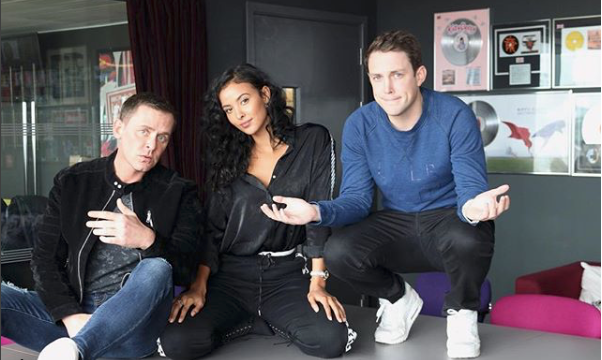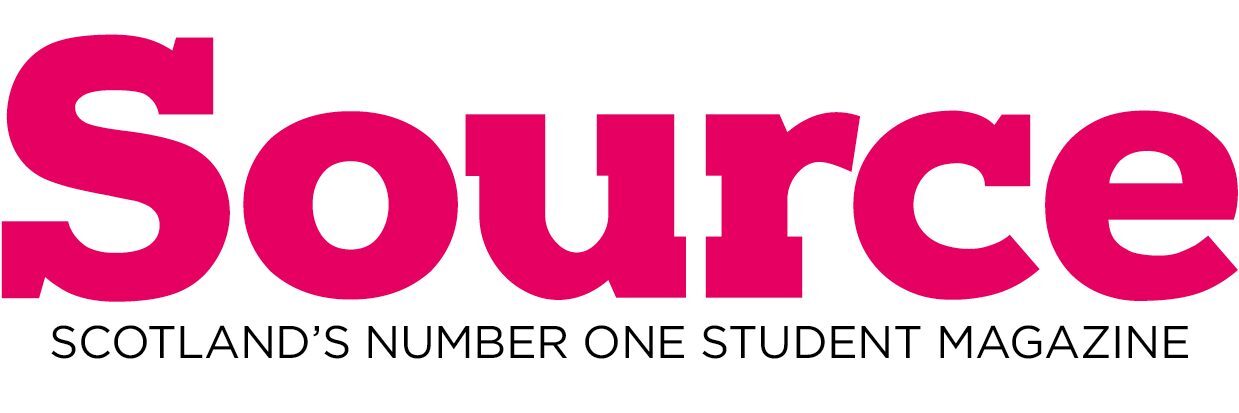
Life isn’t like Anchorman (unfortunately) but getting into the media doesn’t have to be a funny one-liner.
If you want to be kind of a big deal like Ron Burgundy, have your sights set on being the next Miranda Priestlyediting fashion in New York (dah-ling) or getting a prime-time slot on BBC Radio 1: hard work and determination will see you right.
The media life can sometimes look like a job only a select few can make successful.
In the ever-changing political climate we find ourselves in, it could look like a career that is filled with job losses and dead-end prospects. Enough negativity. Starting your career in broadcast radio, television or print is easier than you think.
All you need is the passion for your desired platform.
TIME IS MONEY
Working in the media is an exciting place to work. Getting the latest designer freebies, rubbing shoulders with big names, to watching your ideas be brought to life: working in the media does have its perks. It’s also an industry where people who are driven to succeed thrive because it’s not all glitter and black-tie events. It can be hard work.
Work experience is crucial no matter what platform appeals to you: running your own blog, joining the local paper or zine, pitching ideas and interviews to whoever will listen, getting your name out there as much as you possibly can. Work experience at some outlets might fall into the stereotypical role of making the tea and coffee, but embrace it.
Everyone has to start somewhere; would you rather make chat to the editor of your favourite mag while bringing her a cuppa or never at all?
“I think work experience is vital. I think if you ask anyone that I work with about how you start out in presenting or production – or any job – the people that I know, who are the best at their jobs, are the ones that wanted to do that job,” says BBC Radio 1 presenter Chris Stark, you know, that hilarious guy you hear on Scott Mills every day.
“It’s not so much a job as it is a hobby at times. You’re very lucky if you can turn something you love so much into a job… I think it is so important that you do work experience because it shows a much higher level of wanting to do something than doing it for the money.”
Liam Payne of One Direction fame gave a quick hello to Chris during our chat. Just another day in the office! Unfortunately, there’s no X Factor for the media world and that’s why we have to shine bright during work experience.
GOLDEN TICKET
There are many university and college placements available in today’s world for media and journalism careers. Even so, just because you got a degree or qualification from a university doesn’t mean you’re guaranteed a job. Going on a course can arm you with the relevant expertise that your competitor might not have; but it’s not a the golden ticket.
Compare someone who has qualified with a media, journalism, or similar degree with no experience with a candidate who has worked their socks off to get all the work experience they can under their belt – there’s no contest.
Being confident enough to walk into an office and interview celebs on the first day, head out to get vox pops from people walking down the street, to having the newsworthy know-how to pitch unique and relevant content: that’s how you stand out in this industry.
Chris agrees, explaining that working in the media can send you sideways, as literally no one day is the same. Chris credits his time at Southampton University, where he pursued his love for radio by volunteering at student radio stations, with landing his dream job.
https://www.instagram.com/p/Bg4B1FVh1MC/?hl=en&taken-by=djchrisstark
“I remember meeting the team at student radio and it seemed so professional. I loved that the station manager there was a very sincere and serious bloke. I met him and said I had some experience in hospital radio and explained that I really wanted to get into student radio,” he remembers. “I cringe when I listen back to my old shows, but I just wanted to make the very best show I could: it was just free and so fun.” The experience he gained at student radio put Chris in good stead to progress.
“Radio is a very simple thing. The difference between student radio and Radio 1 isn’t that much. It’s me and Scott with a couple of microphones and producers in that studio and we make a national radio show every day. That’s not to say we don’t get some help from various other departments, but on a day by day basis it falls down to a very small team – it was the same at student radio,” adds Chris.
UNIQUE
Being creative and standing out with unrivalled experience will see you in the right direction for your career. Regardless of qualification and placement knowledge, confidence in who you are as a writer, presenter, or working behind the scenes is the key ingredient to standing out in an area where we can all be classed as journalists.
https://www.instagram.com/p/BgEF1sPD_zO/?hl=en&taken-by=djchrisstark
Chris explains that while work experience is crucial, it’s important not to copy other people’s careers and find your own way. “A lot of people I see making mistakes see myself, Scott, or Greg James and they try to emulate that; they think that’s the route. When all these places have already got that, you’ve got to be focusing on your audience, producing content or presenting to that audience.”
If you love print, television or radio, or just want to dip your toes in the water, breaking into the media doesn’t need to be a brain buster. Here are the three steps to success: find your niche, learn through work experience, and showcase why you’re different from the rest.
Looking for more info? Go on Journalism, Go Think Big, and Journo Resources
Want to see your name in print? Hit us up with article pitches at editor@dcpublishing.co.uk

